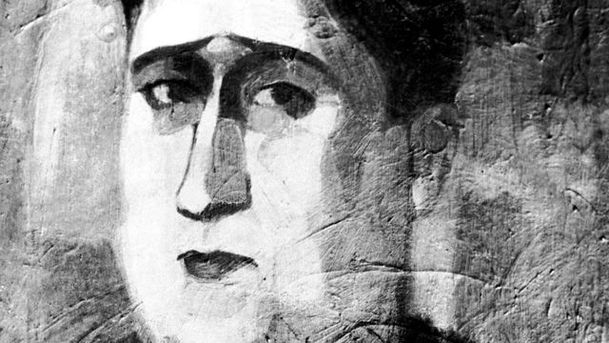Oh What a Lively War

One of the most famous lines in French poetry was written by Guillaume Apollinaire in the summer of 1915. His "Ah Dieu! que la guerre est jolie" can be roughly translated into English as "Oh! What a lovely war!", but unlike the famous English musical, Apollinaire's line was devoid of irony. Here was a young poet revelling in the excitement, the sheer modernism, of warfare. It's a sentiment very much at odds with our British legacy of war poetry from that time, and it's one that Martin Sorrell, translator of Apollinaire, unpicks in this programme with the help of Professors Susan Harrow and Tim Kendall, and the American poet Brian Turner, who served in the US army in Iraq. Apollinaire was already a well-known poet and leading champion of Cubism when he enlisted in December 1914. His war came to an end in March 1916, when he received a shrapnel wound to the head. He was invalided out, trepanned, made only a partial recovery, and died in November 1918, almost the same day as Wilfred Owen, His early war poetry, written in 1914 and 1915, is infused witrh the marvel and spectacle of war, and continues the experiments with form that made him one of France's great literary innovators. It also celebrates his rich, complicated love life, pursued as and when possible. His letters to the two women with whom he was simultaneously involved are fascinating records of a passionate patriot and an equally passionate lover. It was only as the war progressed and he experienced his own horrifying injury that the poems began to recognise the misery of the trenches and the horror of technological warfare. Apollinaire's poems are read by Paul McGann Presenter Martin Sorrell is Emeritus Professor of Modern Languages at Exeter University. Produced by Sara Davies.